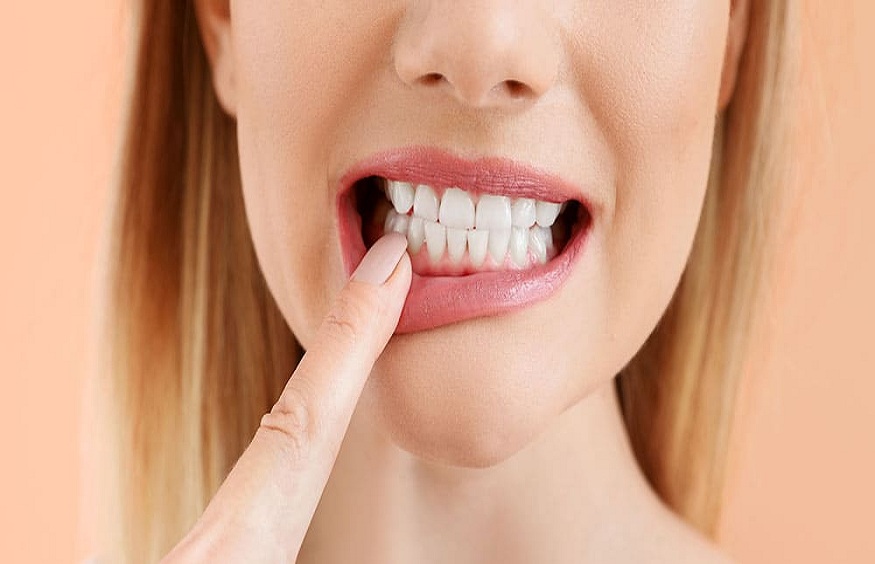Sleep apnea is a serious sleep disorder that affects millions of people worldwide, causing interrupted breathing, daytime fatigue, and a host of other health problems. But what many people don’t realize is that sleep apnea can also have a profound impact on oral health. At our Los Gatos dentist office, we’ve witnessed the effects of sleep apnea on our patients’ teeth, gums, and overall oral well-being. That’s why we’re dedicated to helping our patients understand the importance of sleep apnea appliances in managing this condition and protecting their oral health.
In this article, we will explore the relationship between sleep apnea and oral health, and discuss the role of sleep apnea appliances in managing this condition.
What is Sleep Apnea?
Sleep apnea is a sleep disorder that occurs when the airway is partially or completely blocked during sleep. This blockage can be caused by a variety of factors, including obesity, a narrow airway, or enlarged tonsils.
The Impact of Sleep Apnea on Oral Health
Sleep apnea can have a significant impact on oral health. Some of how sleep apnea can affect oral health include:
- Dry Mouth: Sleep apnea can cause dry mouth, which can lead to tooth decay, gum disease, and other oral health problems.
- Tooth Grinding and Clenching: Sleep apnea can cause teeth grinding and clenching, which can lead to tooth wear, jaw pain, and other oral health problems.
- Gum Disease: Sleep apnea has been linked to an increased risk of gum disease, which can lead to tooth loss and other oral health problems.
- Tooth Decay: Sleep apnea can increase the risk of tooth decay, particularly in patients who experience dry mouth.
Sleep Apnea Appliances and Their Impact on Oral Health
Sleep apnea appliances are devices that are designed to keep the airway open during sleep, thereby reducing the symptoms of sleep apnea. Some of the most common sleep apnea appliances include:
- Mandibular Advancement Devices (MADs): These devices work by advancing the lower jaw, which helps to keep the airway open during sleep.
- Tongue-Retaining Devices (TRDs): These devices work by holding the tongue in place, which helps to prevent it from falling back and blocking the airway during sleep.
- Continuous Positive Airway Pressure (CPAP) Machines: These machines work by delivering a constant flow of air pressure into the airway, which helps to keep it open during sleep.
Sleep apnea appliances can have a significant impact on oral health. Some of how these appliances can affect oral health include:
- Reduced Tooth Grinding and Clenching: Sleep apnea appliances can help to reduce tooth grinding and clenching, which can lead to tooth wear, jaw pain, and other oral health problems.
- Improved Saliva Flow: Sleep apnea appliances can help to improve saliva flow, which can reduce the risk of dry mouth and other oral health problems.
- Reduced Risk of Gum Disease: Sleep apnea appliances can help to reduce the risk of gum disease, which can lead to tooth loss and other oral health problems.
- Improved Oral Function: Sleep apnea appliances can help to improve oral function, including chewing, swallowing, and speaking.
Final Thought
Sleep apnea is a serious sleep disorder that can have significant consequences on overall health and oral health. Sleep apnea appliances are devices that are designed to keep the airway open during sleep, thereby reducing the symptoms of sleep apnea. These appliances can have a significant impact on oral health, including reducing tooth grinding and clenching, improving saliva flow, reducing the risk of gum disease, and improving oral function.
If you suspect that you or a loved one may have sleep apnea, it is essential to consult with a healthcare professional to discuss the best course of treatment.

